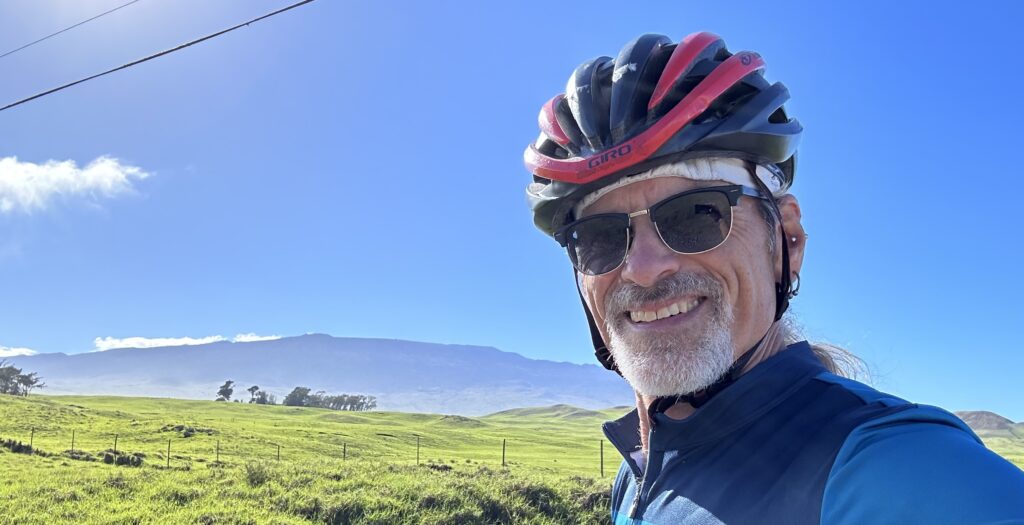When Elon Musk bought Twitter, some of us hoped that he would have something brilliant to contribute to the problem of social networks that have become cesspools of hate speech, angry and mean comments, and collections of folks who just want to shout each other down. I’m still hopeful that Elon’s smarter than we are aware and actually has something to contribute here, but I’ve become more and more despondent about the possibility of actual change.
I’ve been using social networking since it exists. Page through this blog and you’ll see that I’m one of the early adopters of what are now the major social networking platforms and a few that didn’t make it. I tend to join the new ones when they surface as well (Mastadon, Post.News, Substack, etc.) just to see what they have that the others don’t.
So far I’m just disappointed. Unfortunately, when Peter Steiner drew the above cartoon in 1993, he was spot on.
My first significant experiences with social communications on the Internet was via USENET. I participated in a bunch of different newsgroup and was amazed at the diversity of topics and membership. I recall being particular enamored with the groups discussing Jewish topics – Torah, Jewish law, etc. I pointed these groups out to Jack Moline, the rabbi of our synagogue (and someone now quite well known), who played around in them for a while. Eventually he came back to me and said that he wasn’t going to continue reading or commenting in the newsgroups because the discourse always ended up being disrespectful and impolite.
There’s something significant lost when we “talk” online. We say things that we wouldn’t ordinarily say to someone’s face. And, often, we can take comfort in anonymity and distance when making distasteful remarks. As Steiner pointed out, nobody knows you’re a dog on the Internet.
That’s Twitter today. I don’t have any solutions to this problem but it is “the problem” to solve if we expect Twitter to be useful as a place to share ideas and have thoughtful discussions and conversations. Maybe we need something like “stakes” – things that are at personal risk which penalize bad behavior. In the real world, this is your face, your identity, your job, your home – you don’t say or do things that create risk for these things. Platform content moderation doesn’t quite do this; maybe it’s just better community reputation building (like Stack Overflow). But something needs to change unless we just want these platforms to be just like Speakers’ Corner in Hyde Park – a place where someone can say whatever they want, without repercussion, in a place where no one really wants to listen.
PS. As a side note, I started looking at who is writing on post.news. I searched for topics that are interesting to me, looked at the posts, and then had to spend some time figuring out who the posters were. It’d sure be nice to have those “stakes” I mentioned readily available so I can evaluate the poster not just on the immediate comment they are making but also on their history and agenda.




